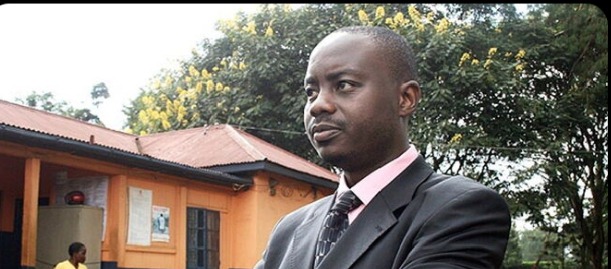The family of the late Fidel Odinga, the son of former Prime Minister Raila Odinga, remains entangled in a prolonged court battle with his ex-wife, Lwam Getachew Bekele, over his vast estate and inheritance rights.
The case, which has stretched on for several years, continues to attract public attention because it involves one of Kenya’s most influential political families — and because it touches on sensitive issues of inheritance, family bonds, and justice.
Fidel Odinga, who passed away suddenly in January 2015, left behind numerous properties, investments, and business interests, but no written will to guide how his estate should be shared.
At the heart of the dispute lies the question of who should manage Fidel’s estate — his parents or his ex-wife.
Lwam Getachew, who is the mother of Fidel’s only son, has argued in court that she should be recognized as the legal administrator of the estate. She maintains that she was Fidel’s lawful wife at the time of his death, despite the couple living separately.
“I only seek to protect the future of my son and ensure his inheritance is secure,” Lwam told the court through her lawyers.
She also accused some members of the Odinga family of trying to deny her and her son their rightful share, insisting that she should be recognized as Fidel’s next of kin and given authority to manage the estate on behalf of their child.
However, the Odinga family — represented by Raila and Dr. Ida Odinga — has opposed her application. They argue that Fidel and Lwam had already separated before his death, and therefore, she should not be granted control over the estate.
The family contends that the estate should instead be administered by Fidel’s parents, who, they say, will ensure transparency and fairness in managing their late son’s legacy.
The court has been reviewing witness testimonies, family statements, and financial records to determine the rightful administrator. Legal experts following the case say it highlights complex family and legal dynamics surrounding inheritance — especially in cases where no will exists.
Beyond the courtroom, Kenyans have expressed mixed feelings. Some sympathize with Lwam’s desire to secure her son’s future, while others believe the Odinga family should retain control to safeguard their son’s legacy.
Many observers say the case serves as a powerful reminder of the importance of writing wills, even among high-profile individuals, to prevent disputes after death.
As the legal process continues, both parties remain resolute, and the battle over Fidel Odinga’s estate stands as a somber reminder that even Kenya’s most powerful families are not immune to the pain of loss — and the challenges of legacy.



